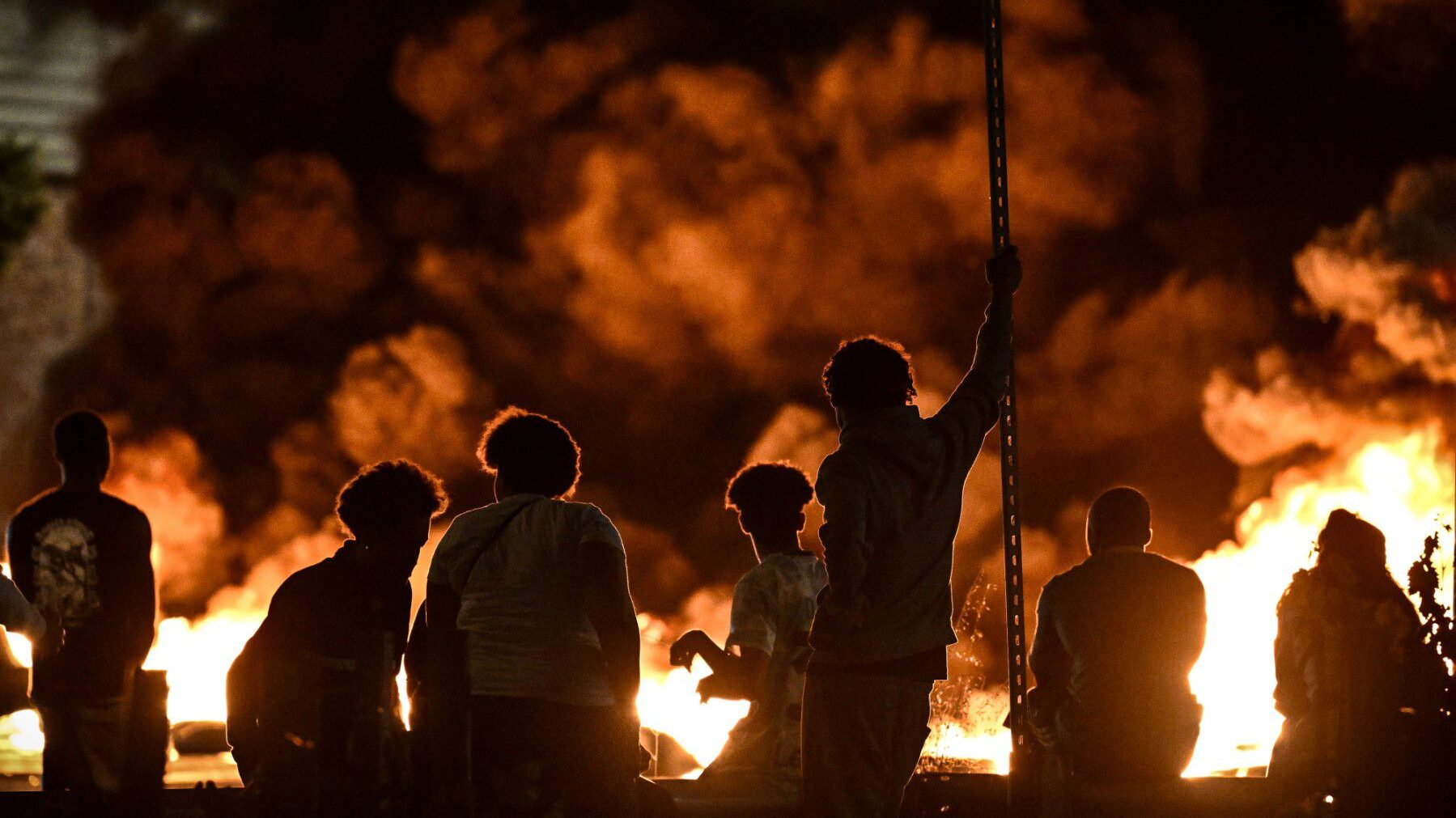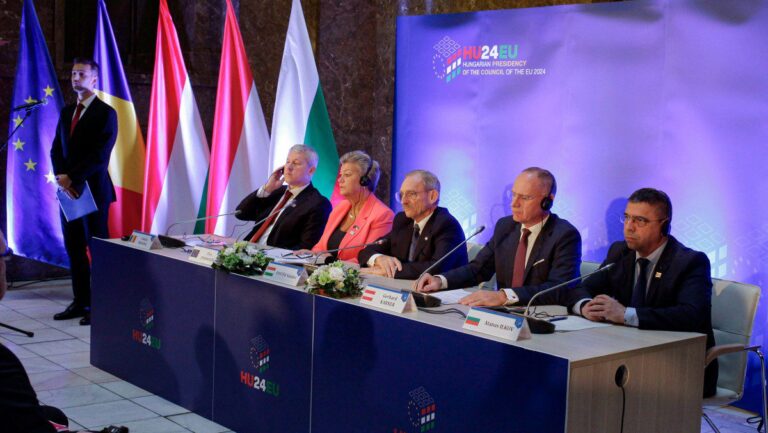Following the six nights of ultra-violent race riots precipitated by the death of 17-year-old Nahel M—which engulfed more than 200 towns and cities across France, resulting in hundreds of injured police officers and more than a billion euros in damage—the ex-boss of the French foreign intelligence agency has said that the country has not experienced social unrest of this kind since the French Revolution.
In exceptionally rare comments given press, Pierre Brochand—the former director of the French Directorate-General for External Security (DGSE), which is among the world’s eminent foreign intelligence agencies—during an interview with Le Figaro, described the past days’ events as an “uprising or revolt against the French national state by a significant part of the youth of non-European origin present on its territory.”
“In terms of amplitude, official statistics suggest—for historians to verify—that nothing comparable has happened in French cities since the Revolution of 1789 or, at the very least, the weeks following the Revolution,” Brochand, who formerly served as France’s ambassador to Hungary and Israel, told the newspaper.
In what he called a “very approximate” estimate, Brochand—who came up with the figure by “applying the optimistic ratio of 1% of the number apprehended each night”—placed the number of rioters “between 100,000 and 200,000.” He conceded, yes, it is a “wet finger estimate,” but one which allows one to at least “question the reassuring cliché of the ‘tiny minority.’”
A second unprecedented feature of the riots, Brochand continued, was “the spread of unrest to very small provincial towns, which until then had been quiet.” He described this aspect of the anarchy that ensued as a “worrying reflection of the spread of immigration throughout the country, sometimes at the instigation of the public authorities.”
Furthermore, the ex-DGSE chief contended that the titanic groundswell of rage and violence witnessed during the riots are linked to “the dominant ideology, which has justified and even glorified the massive settlement of immigration.”
He argued that the “accusation of ‘racism’ is the keystone” which keeps the present systemin place, which according to him, can be “boiled down to the permanent indictment of the French people,” who are charged with “all the misfortunes of the earth: world wars, colonization, Jewish genocide, global warming, indifference to drowning, etc.”
Building on this point, he said: “Thus, to prevent ‘slippage’ and the crossing of yellow or red lines, outside the [prescribed] corridor, a social death penalty has been put in place, less painful than the physical one but just as effective, inflicted only on those refractory to compulsory xenophilia.”
Also noteworthy were Brochand’s comments in which he recounted his time as an ambassador in Budapest, where he said he could not count how many times he heard the words: “We have the privilege of seeing, in preview, the damage that non-European immigration causes in your country, we do not want especially not to imitate you.’”
Lastly, the ex-spy chief sought to provide ways France can dislodge itself from the predicament it presently finds itself in, suggesting that the “reduction of flows of access to territory and to nationality” were pivotal. Additionally, he called for action to fight “the feeling of impunity,” which requires a “radical change of foot in penal matters”
“Our leaders have a unique opportunity to extricate themselves from the straitjacket in which they have trapped themselves, and to benefit, as a bonus, from the approval of at least three-quarters of the French people,” Brochand concluded.





